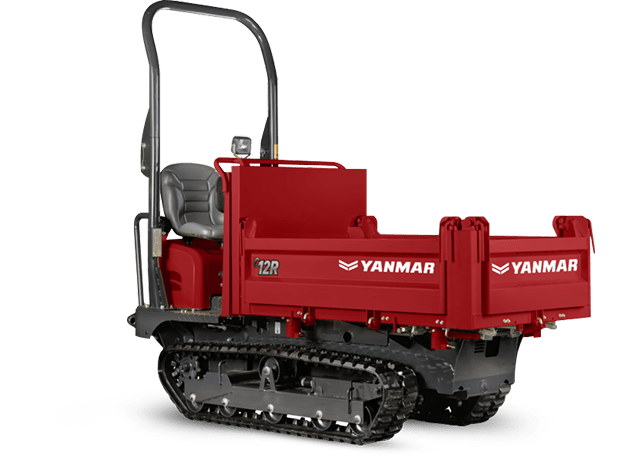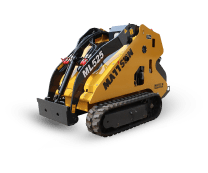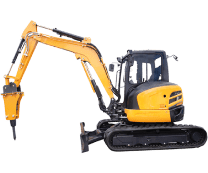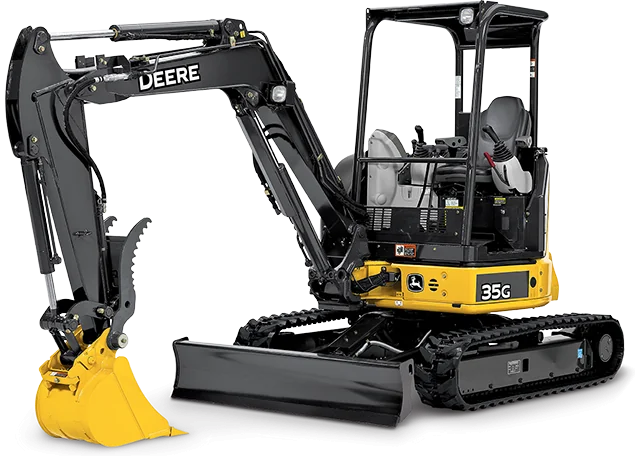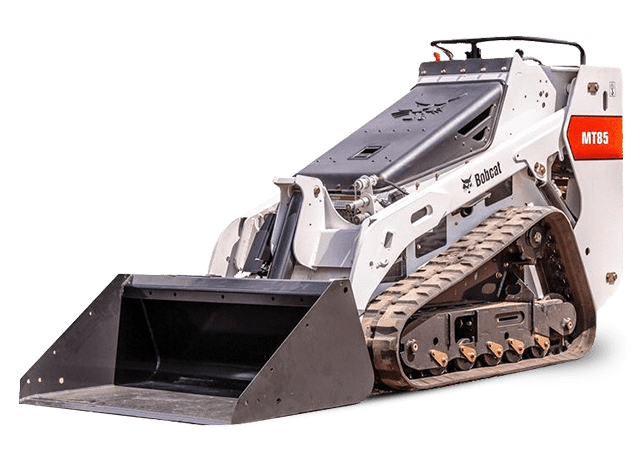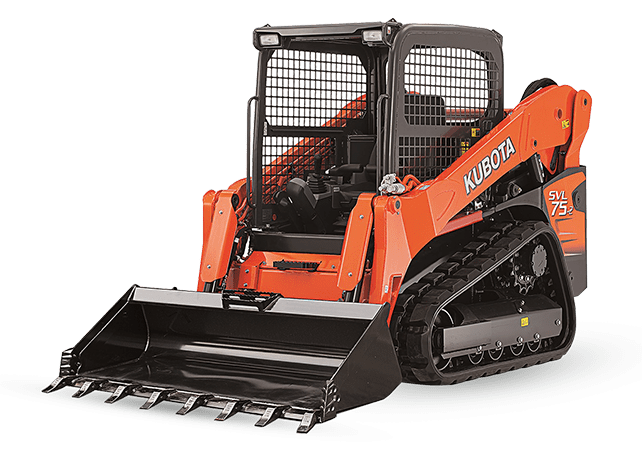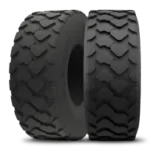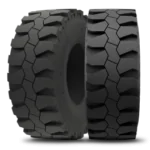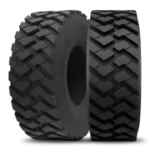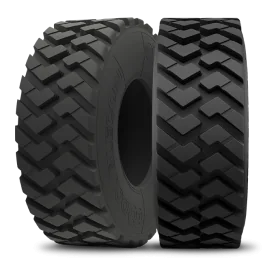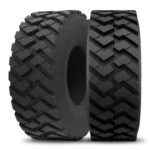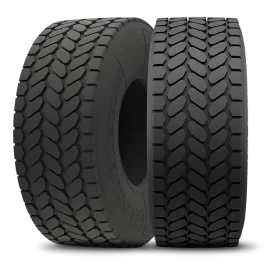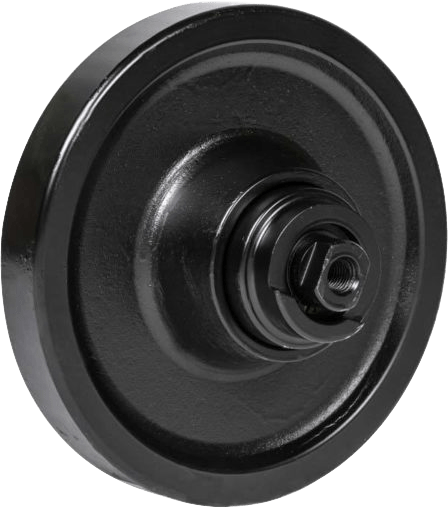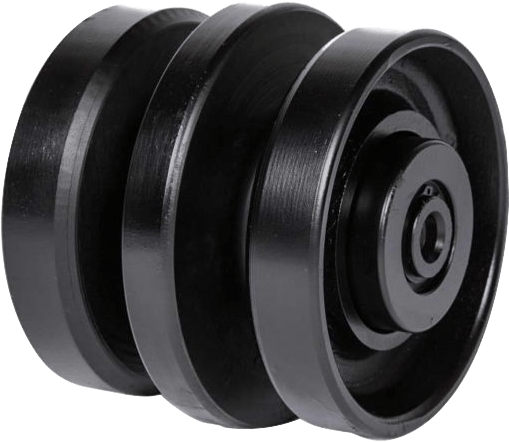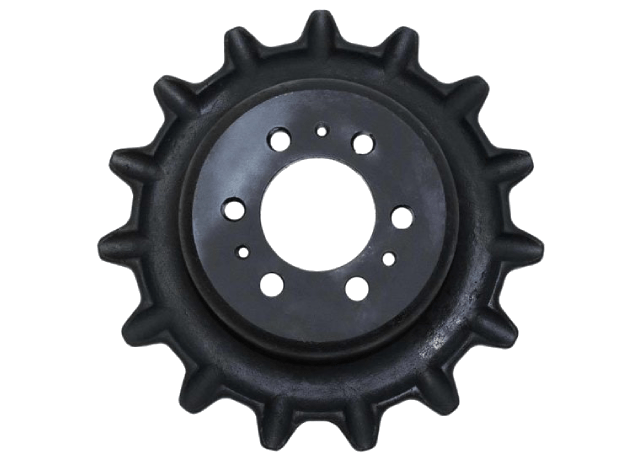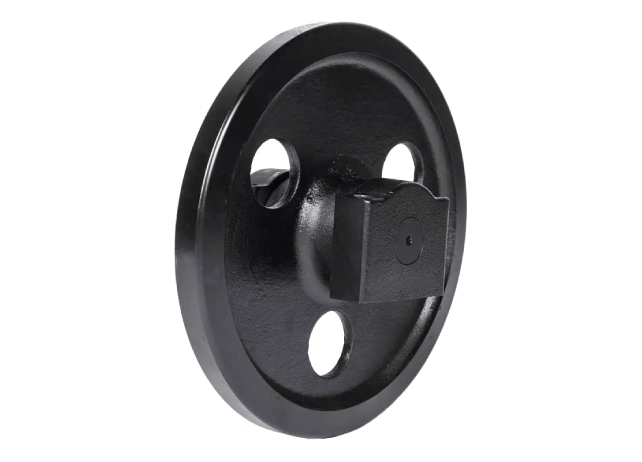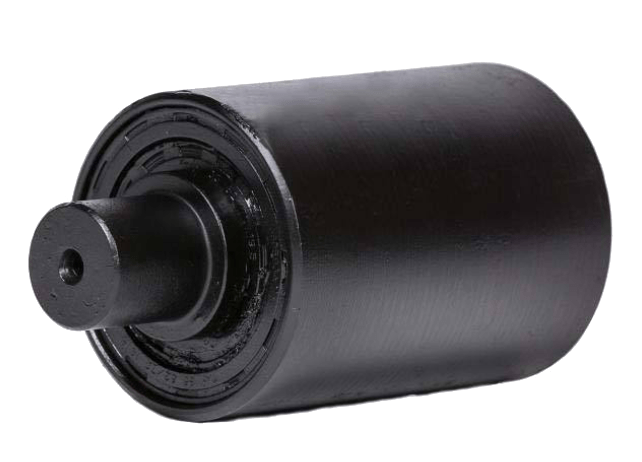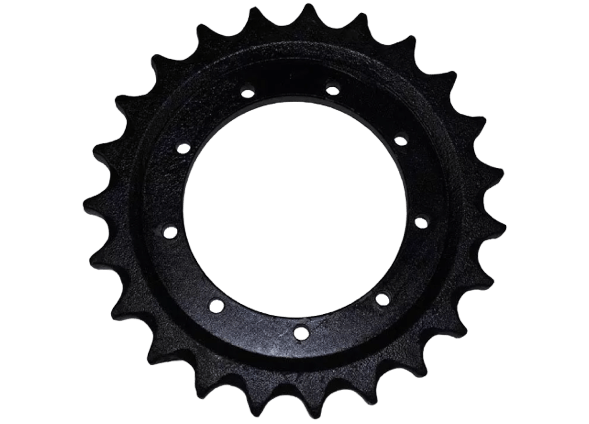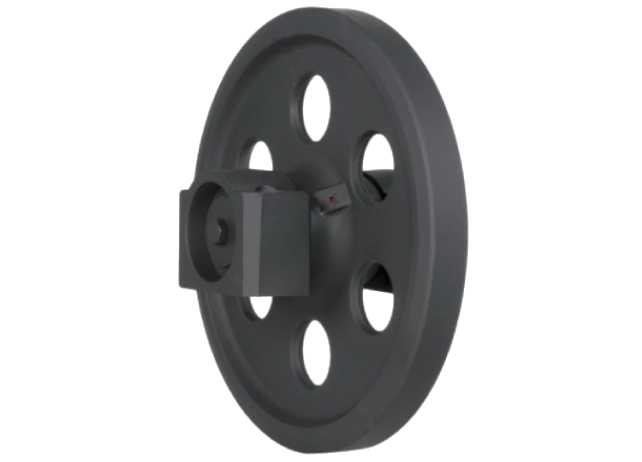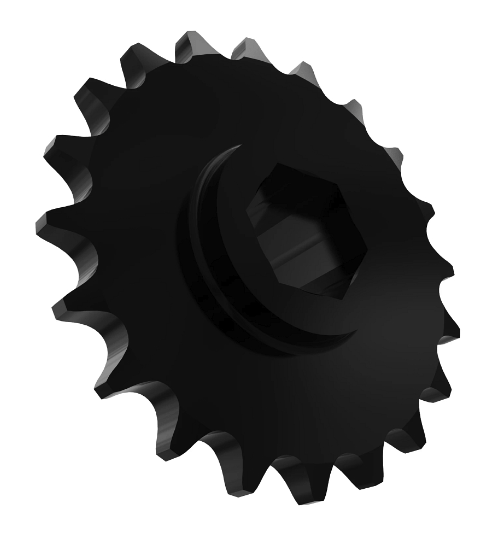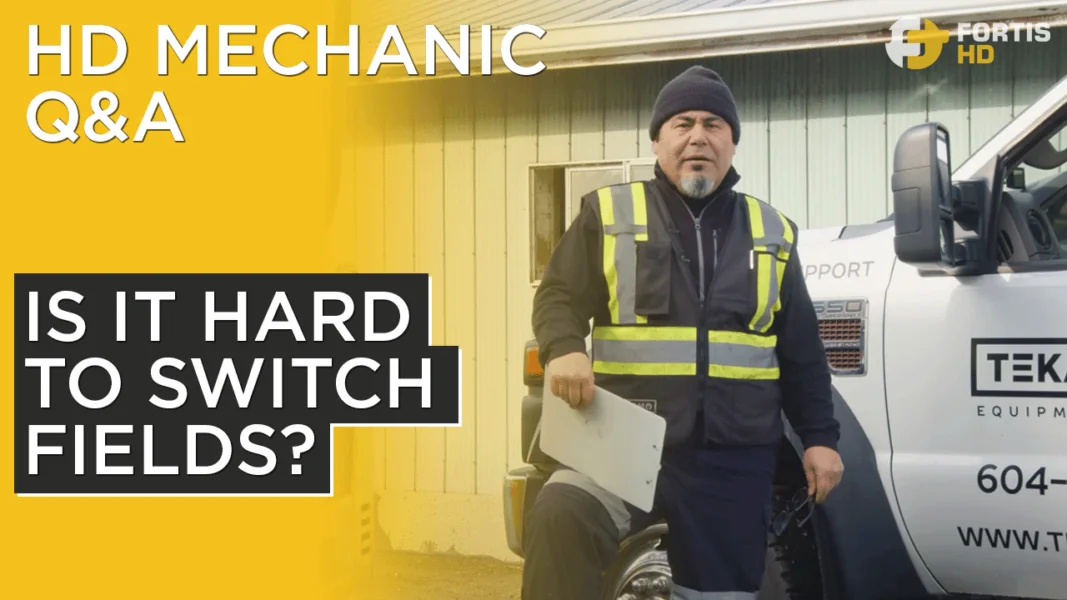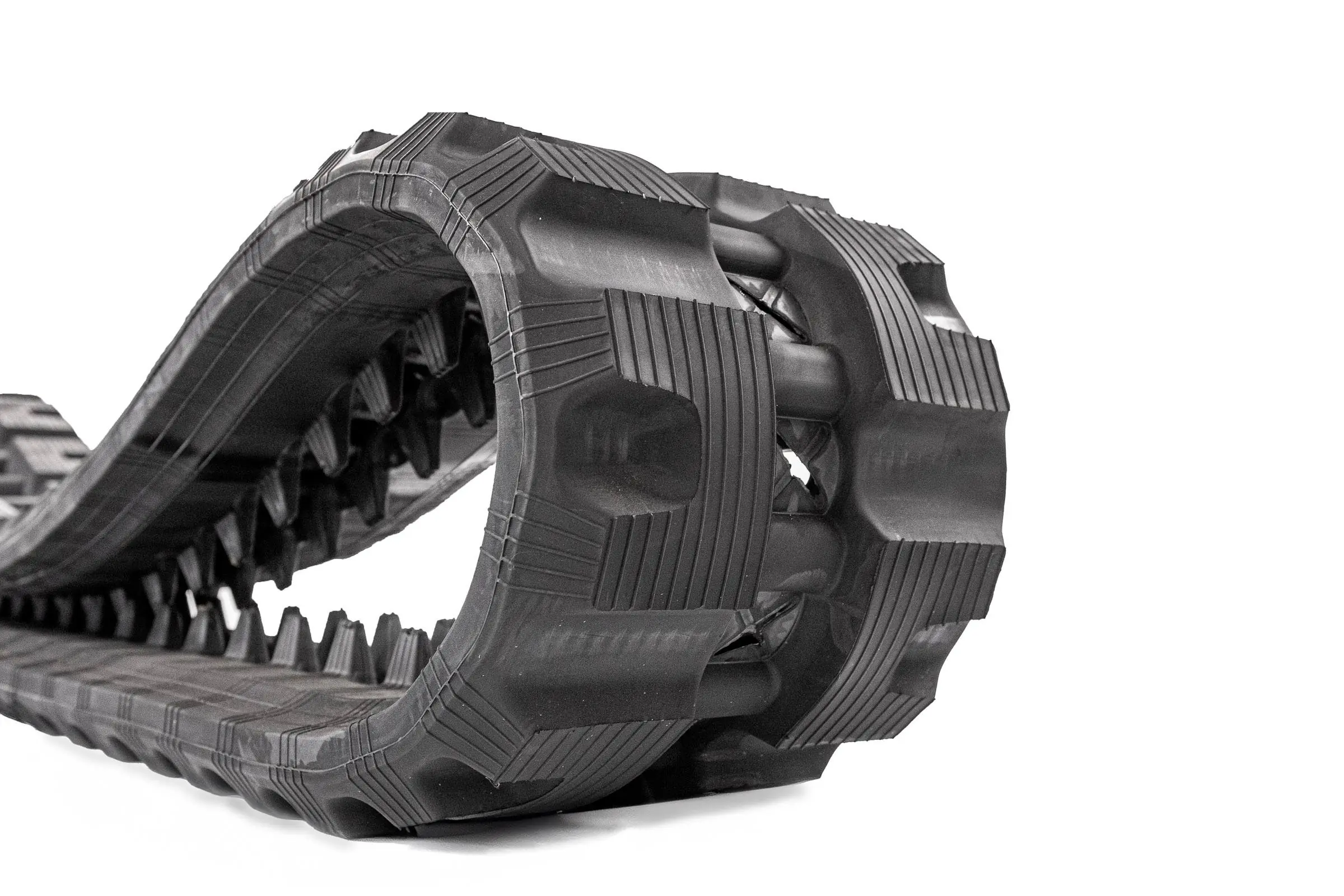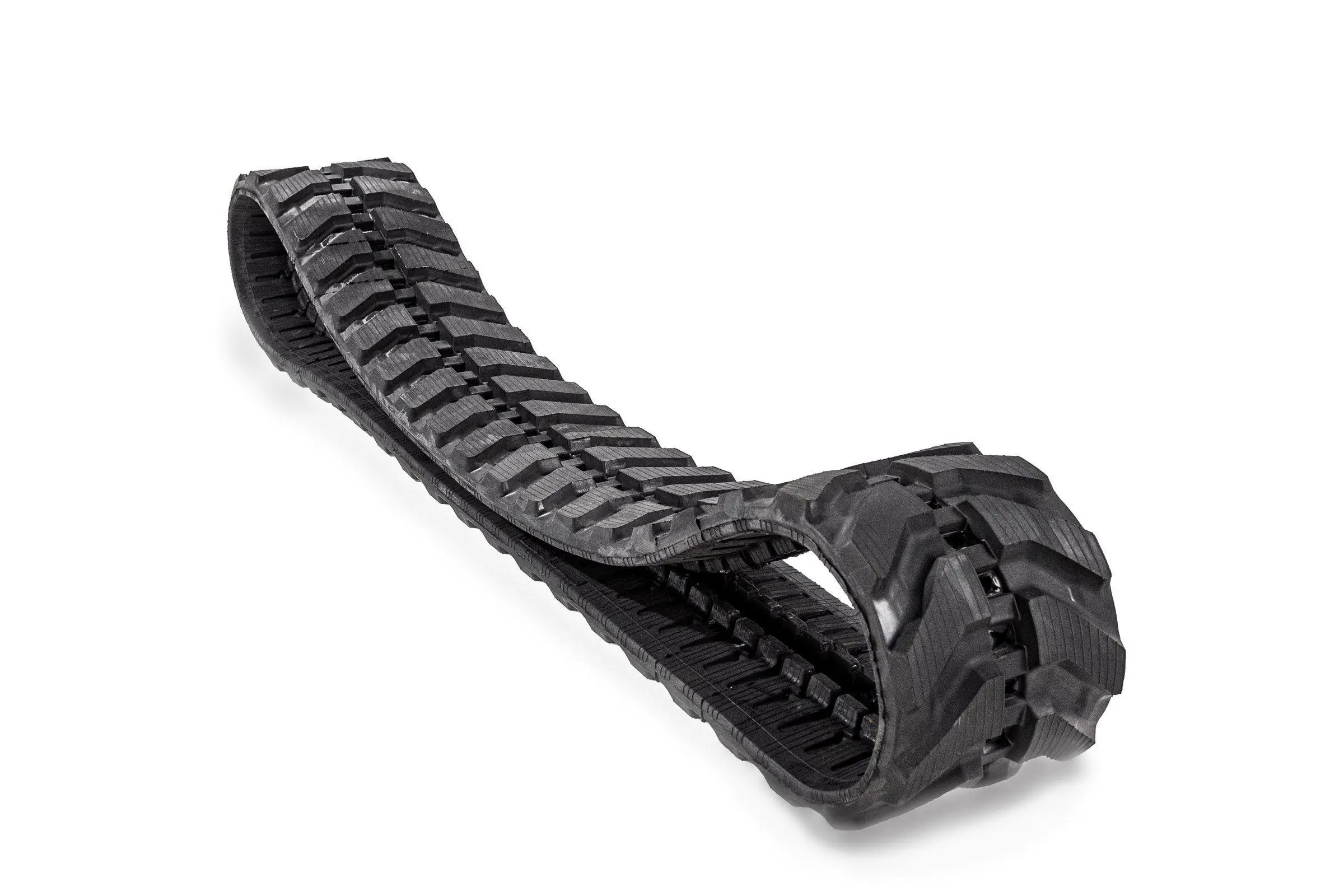As a heavy-duty mechanic, most skills you progressively gain are transferable between trades, allowing you to switch fields. Turning wrenches, welding, and diagnosing are typical from one industry to another.
While making the shift between trades isn’t hard, you might struggle to get the chance to prove yourself.
A good bet would be to start as an apprentice at a shop or work in the field with a seasoned mechanic willing to take you under his wing.
As William said in the video version of this article: Once you get your foot in the door, it’ll be easier down the road.
Which Fields are the Easiest to do the Switch?
Transportation, construction, forestry, farming, and mining are switchable industries because they rely on the same heavy equipment, like:
- Excavators.
- Dozers.
- Haul & dump trucks.
- Drilling rigs.
- Loaders.
- Transportation trucks.
- Graders.
- Skid steers.
- Compact track loaders.
- Multi-terrain loaders.
- Tractors.
- Backhoes.
There is specialized equipment, but they are a variation of the above. Here are some of them:
| Industry | Equipment | Similar to |
|---|---|---|
| Construction | Trencher | A dozer with a long attachment |
| Compactor | A tractor with a big roller instead of front wheels | |
| Forestry | Forwarders | A skid steer with a boom at the back |
| Skidders | A tractor | |
| Log loaders, feller bunchers, cable logging. | An excavator with an attachment rather than a bucket | |
| Mulchers | A dozer | |
| Farming | Harvesters, cultivators, seeders, sprayers, fertilizer spreaders | A tractor |
| Mining | Draglines, cranes | An excavator with a long boom |
| Dust control | A truck with a hose |
Even specialized equipment for a specific industry comprises mechanical and hydraulic systems—the basic stuff you learned in your first professional years.
Small-sized heavy equipment like skid steers is common in manufacturing, but most equipment is automated.
Automation is gaining terrain in industries other than manufacturing, pushing operators and heavy-duty mechanics to gain new skills rather than turning wrenches, as you can see in our article How Quality Equipment Contributes to Successful Mining Operations.
On the other hand, in the oil & gas industry, heavy equipment is used mainly in the early site preparation stage, but afterward, industrial equipment, such as generators, heat exchangers, and chemical and instrumentation equipment, predominate. Even pumps are different.
Hydraulic pumps in heavy equipment vehicles provide high pressure at lower flow rates to perform precise and powerful actions, while industrial pumps vary widely in pressure and flow rate. Some industrial pumps are designed for high flow rates at lower pressures, while others may deliver high pressure with lower flow rates.
In our experience, a millwright will be a better fit in the manufacturing or the oil & gas industries.
Testimonial from a Heavy-Duty Mechanic
Meet Mike C. A professional heavy-duty mechanic who’ll share his experience in his path from apprentice to being a shop and field manager. Mike has been in the mining, transportation, and heavy equipment industries since starting from aviation.
![]()
To hire Mike C. or another qualified technician, visit Tekamo HD and let a professional take care of your heavy equipment.

